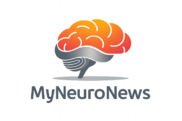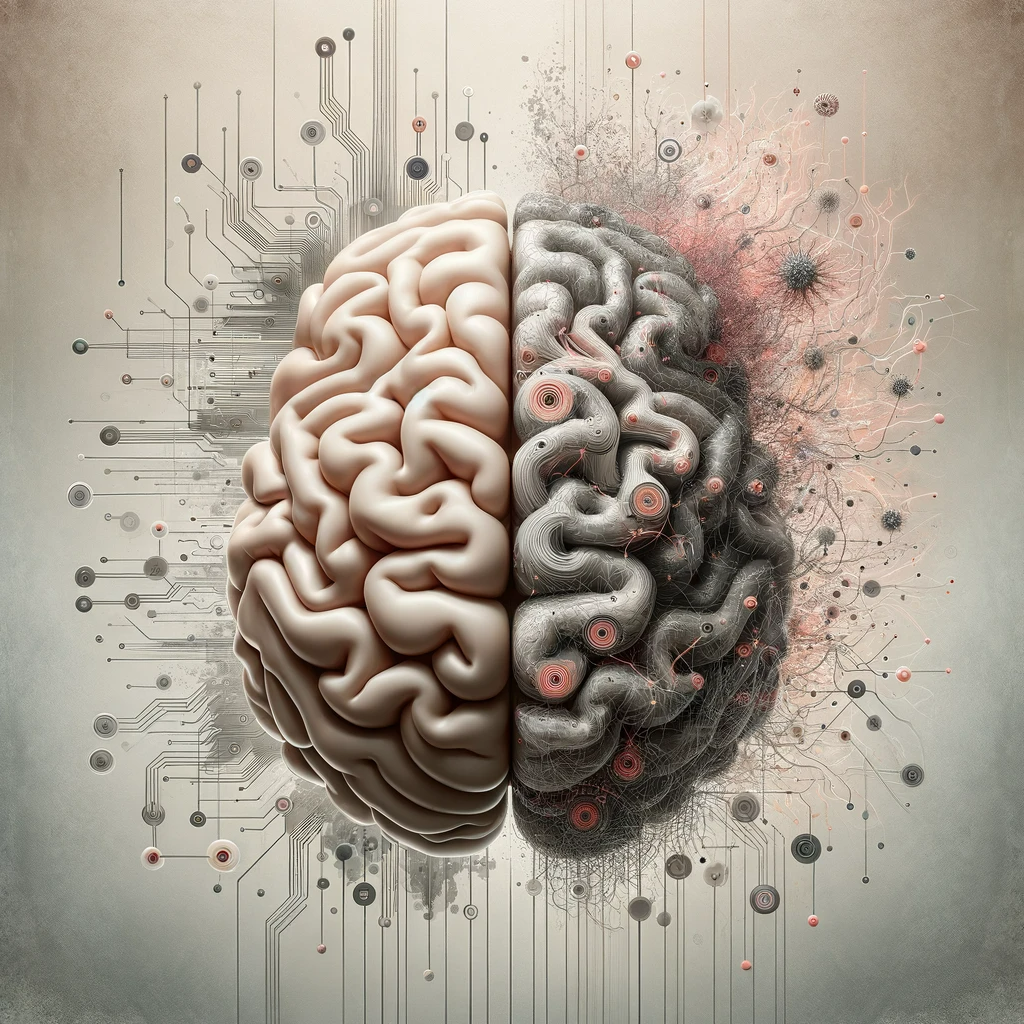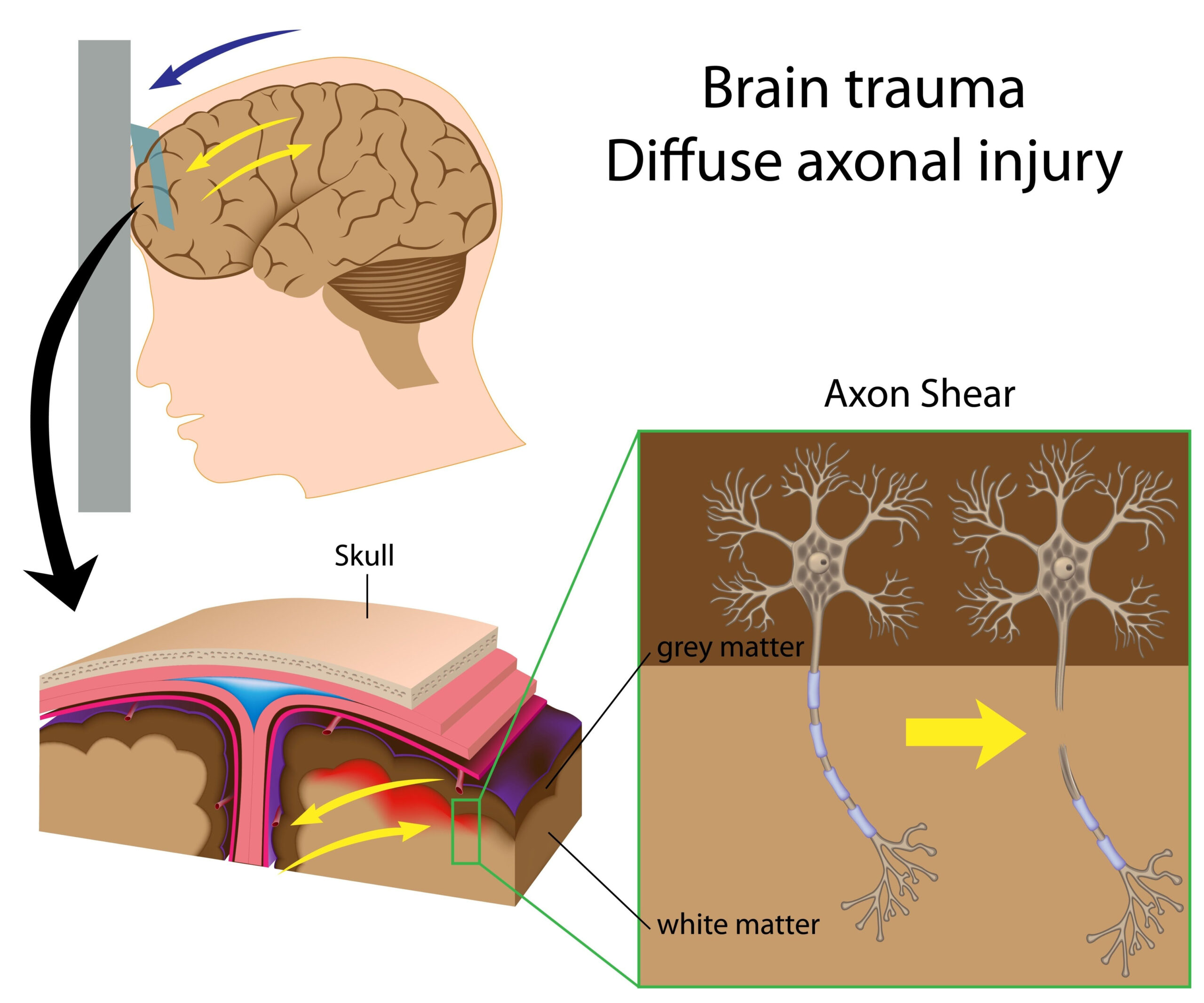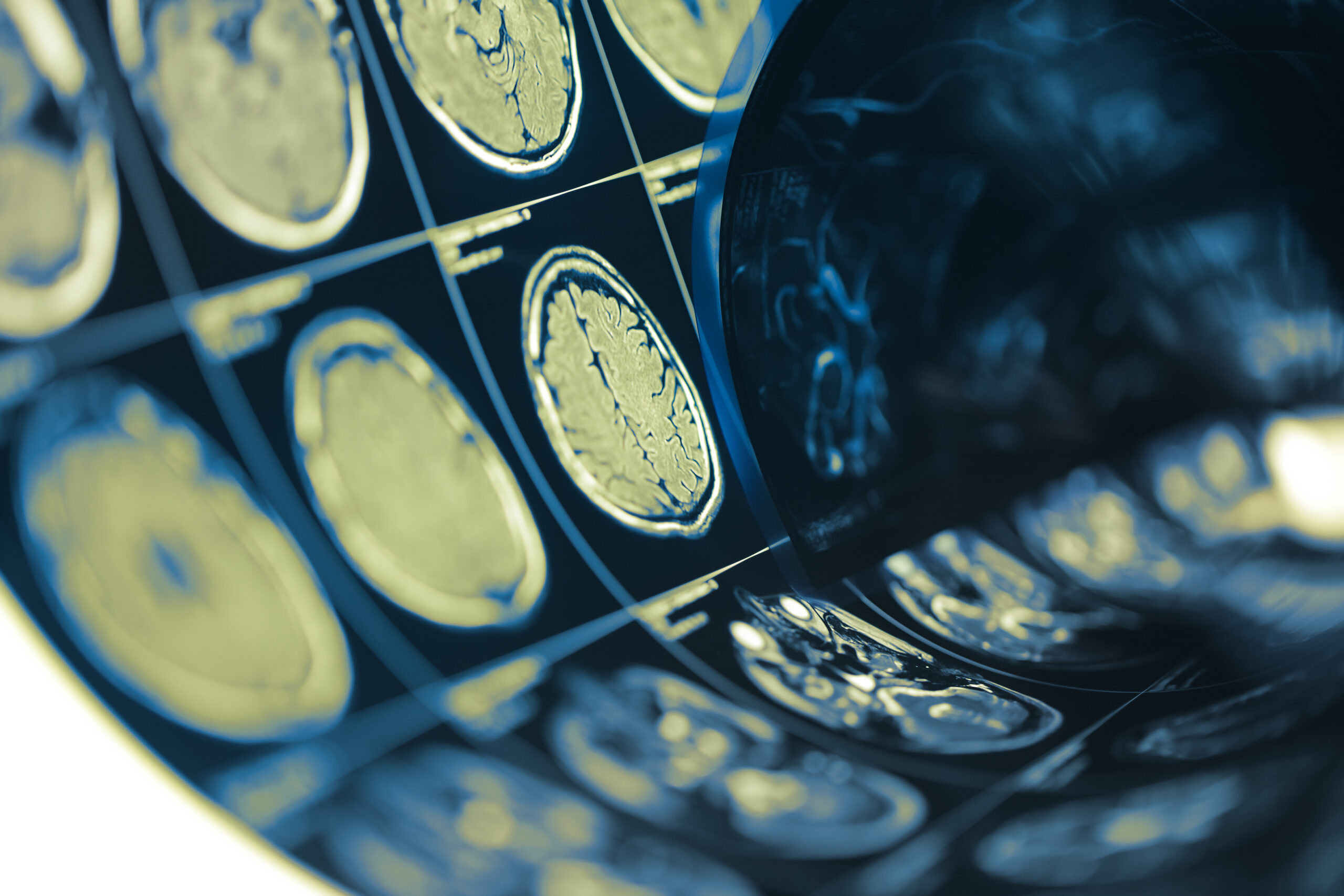Caffeine appears to have a complex relationship with concussion recovery and post-concussion syndrome (PCS). Based on the available research, here are some key points about the role of caffeine in recovery from PCS:
Potential Benefits
- Caffeine may provide some cognitive benefits during recovery, including improvements in:
- Visual processing speed
- Reaction time
- Memory[2]
- A study found that serum caffeine concentrations of 0.01-1.66 μg/mL at the time of traumatic brain injury were associated with better functional recovery at 6 months[5].
Potential Drawbacks
- Acute caffeine intake soon after concussion may worsen glutamate and calcium excitotoxicity in the brain[1][2].
- Caffeine can affect cerebral blood flow, which may exacerbate certain aspects of brain injury[1].
- Chronic caffeine consumption prior to injury was found to worsen cognitive outcomes in an animal study of traumatic brain injury[4].
Recommendations for Caffeine Use
- It’s generally advised to avoid caffeine in the first minutes to hours after a concussion[2].
- After the acute period (24-72 hours post-injury), moderate caffeine consumption (100-300 mg/day) before noon likely does not significantly impact recovery positively or negatively[2].
- Caution is warranted, as caffeine withdrawal symptoms can mimic concussion symptoms (e.g. headache, drowsiness, difficulty concentrating)[2].
Considerations for Recovery
- Sleep quality is crucial for concussion recovery. Caffeine’s stimulant effects may interfere with sleep if consumed too late in the day[1].
- The use of sleep aids post-concussion requires careful consideration, as they may interact with recovery processes in unforeseen ways[1].
- Individual responses to caffeine can vary, so personalized approaches may be necessary[1][2].
Research Limitations
- More extensive human studies are needed on caffeine’s effects in concussion/mild traumatic brain injury[2].
- Much of the current research is based on animal models, which may not fully translate to human outcomes[3].
In conclusion, while caffeine may offer some cognitive benefits during recovery, its use in the acute phase of concussion should be approached cautiously. Moderate caffeine consumption after the initial recovery period is likely safe for most individuals, but personalized guidance from healthcare providers is recommended for optimal post-concussion syndrome management.
Sources
[1] Concussion Recovery: Insights on Sleep and Caffeine https://www.headcheckhealth.com/concussion-recovery-sleep-caffeine/
[2] Do you have to avoid coffee and caffeine after a concussion (mild … https://www.drheisig.com/blog/caffeine-concussion
[3] Behavioral and pathophysiological outcomes associated with … – NCBI https://www.ncbi.nlm.nih.gov/pmc/articles/PMC5673214/
[4] Differential Effects of Caffeine on Motor and Cognitive Outcomes of … https://academic.oup.com/milmed/article/184/Supplement_1/291/5418657?login=false
[5] Serum Caffeine Concentration at the Time of Traumatic Brain Injury … https://pubmed.ncbi.nlm.nih.gov/37609786/
[6] Caffeine After Brain Injury: Safety Considerations & Alternatives https://www.flintrehab.com/caffeine-after-brain-injury/



